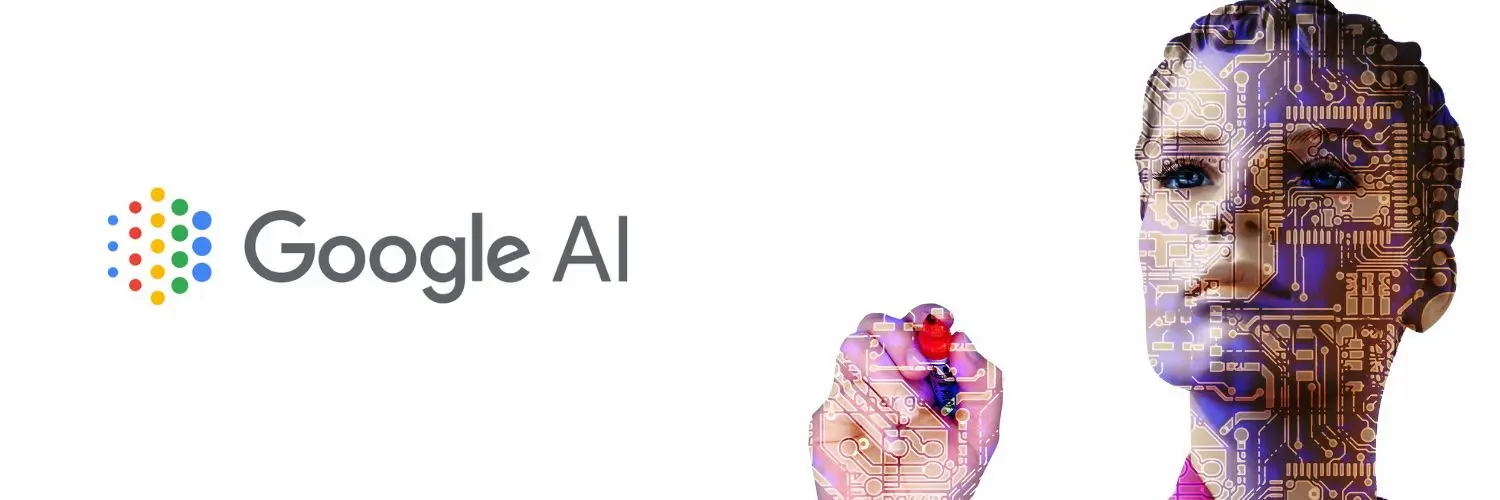Google's Generative AI technology has been making significant advancements in recent years. This cutting-edge technology has the potential to revolutionize various industries, including healthcare, entertainment, and art. However, as with any new technology, there are concerns about its impact on privacy. In this blog post, we will explore how Google's Generative AI may affect your privacy and what measures are being taken to address these concerns.
Understanding Generative AI

Generative AI refers to the use of artificial intelligence algorithms to create new, original content. This technology can generate realistic images, videos, and even text that mimic human creations. Google's AI, in particular, has shown remarkable capabilities in creating lifelike images and videos.
Potential Privacy Concerns
While the advancements in Generative AI are impressive, there are valid concerns about the impact it may have on privacy. Here are a few potential privacy concerns that arise:
1. Misuse of Personal Information
Generative AI relies on vast amounts of data to learn and create new content. This data can include personal information such as images, videos, and text that users have shared online. There is a possibility that this data could be misused or accessed by unauthorized individuals, leading to privacy breaches.

2. Creation of Fake Content
Generative AI has the ability to create highly realistic images and videos that can be difficult to distinguish from real ones. This raises concerns about the creation and dissemination of fake content, including deepfakes, which can be used to manipulate or deceive individuals.
3. Privacy in Public Spaces
As this AI becomes more sophisticated, it may have the ability to generate content in real-time, such as deepfake videos of individuals in public spaces. This raises concerns about privacy in public areas, as individuals may be recorded or depicted without their consent.
Google's Approach to Privacy
Google is aware of the potential privacy concerns surrounding Generative AI and is taking steps to address them. Here are some of the measures Google is implementing:
1. Privacy by Design
Google is committed to incorporating privacy safeguards into the design and development of its Generative AI technology. This includes implementing privacy-enhancing techniques, such as differential privacy, to protect user data and ensure anonymity.
2. User Control and Transparency

Google aims to provide users with control over their data and the content generated by Generative AI. Users will have the ability to manage their data preferences, including opting out of certain data collection practices. Additionally, Google is working on providing clear information to users about how their data is being used and the potential implications for privacy.
3. Collaboration with Experts
Google recognizes the importance of collaboration with experts in the field of privacy and AI ethics. The company is actively engaging with researchers, policymakers, and other stakeholders to ensure that privacy concerns are adequately addressed and that the technology is developed responsibly.
4. Data Security Measures:

Google can elaborate on the specific security measures in place to protect the data used by Generative AI. This could include encryption protocols, access controls, and regular security audits to safeguard against unauthorized access or data breaches.
5. Ethical Use Policies:
Google can outline clear ethical guidelines for the use of Generative AI technology, including prohibitions on creating deceptive or harmful content. By establishing and enforcing strict policies, Google can help mitigate the potential misuse of the technology for malicious purposes.
6. User Education Initiatives:
Google can launch educational campaigns to raise awareness among users about the capabilities and limitations of Generative AI. This could include providing resources and tutorials on how to identify and report fake content, as well as tips for safeguarding personal information online.
7. Continued Research and Development:
Google can highlight its ongoing efforts to research and develop new techniques for enhancing privacy protections in Generative AI. This could involve investing in cutting-edge encryption algorithms, privacy-preserving machine learning models, and other innovative solutions to address emerging privacy challenges.
8. Regulatory Compliance:
Google can emphasize its commitment to complying with relevant data privacy laws and regulations, such as the General Data Protection Regulation (GDPR) in the European Union and the California Consumer Privacy Act (CCPA) in the United States. By adhering to these standards, Google can demonstrate its dedication to protecting user privacy rights.
Conclusion
Google's Generative AI technology has the potential to transform various industries and enhance user experiences. However, it is crucial to address the privacy concerns associated with this technology. Google is actively working to incorporate privacy safeguards, provide user control, and collaborate with experts to ensure that Generative AI is developed responsibly. By taking these measures, Google aims to mitigate the potential impact on privacy and ensure that users can benefit from this innovative technology without compromising their personal information.
Up scale your tech knowledge with ChooseVPN.




